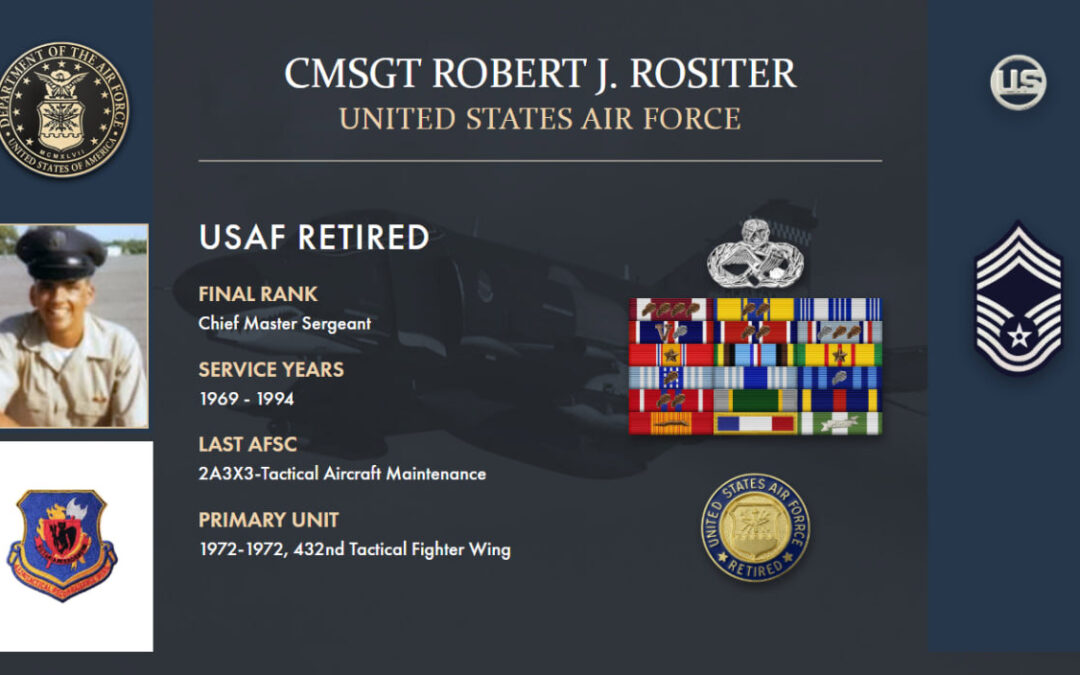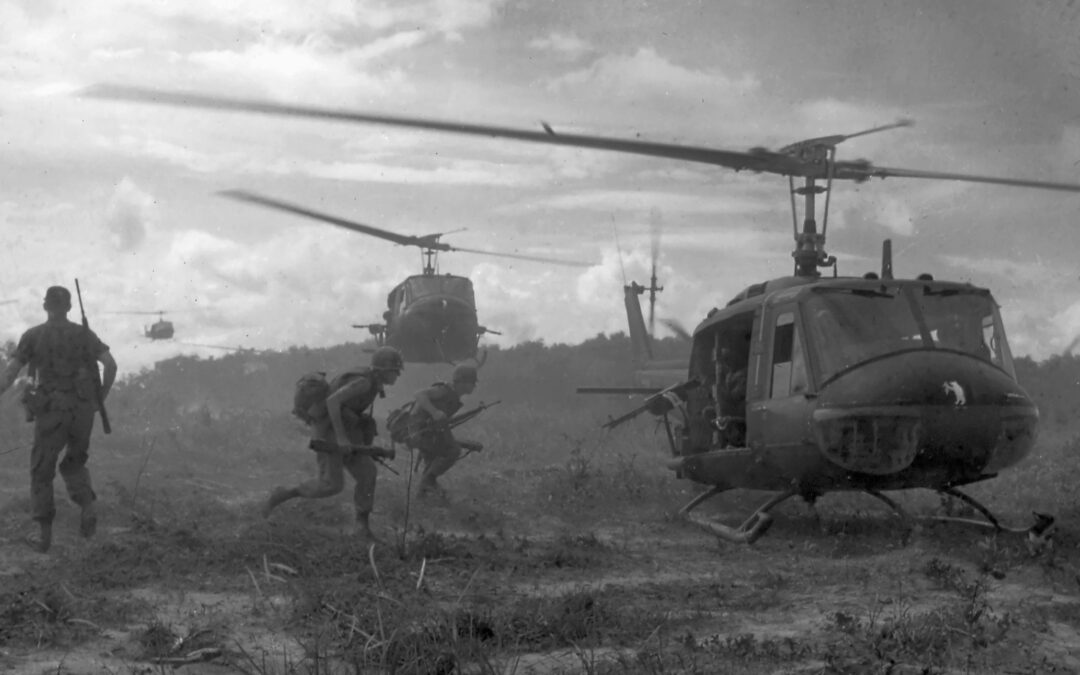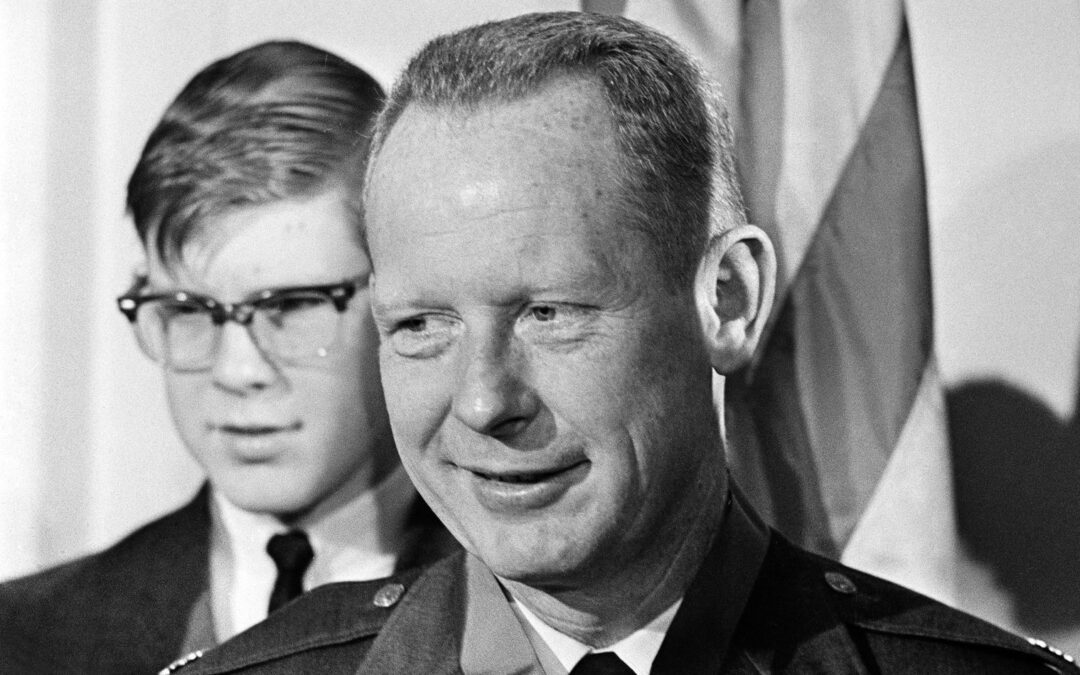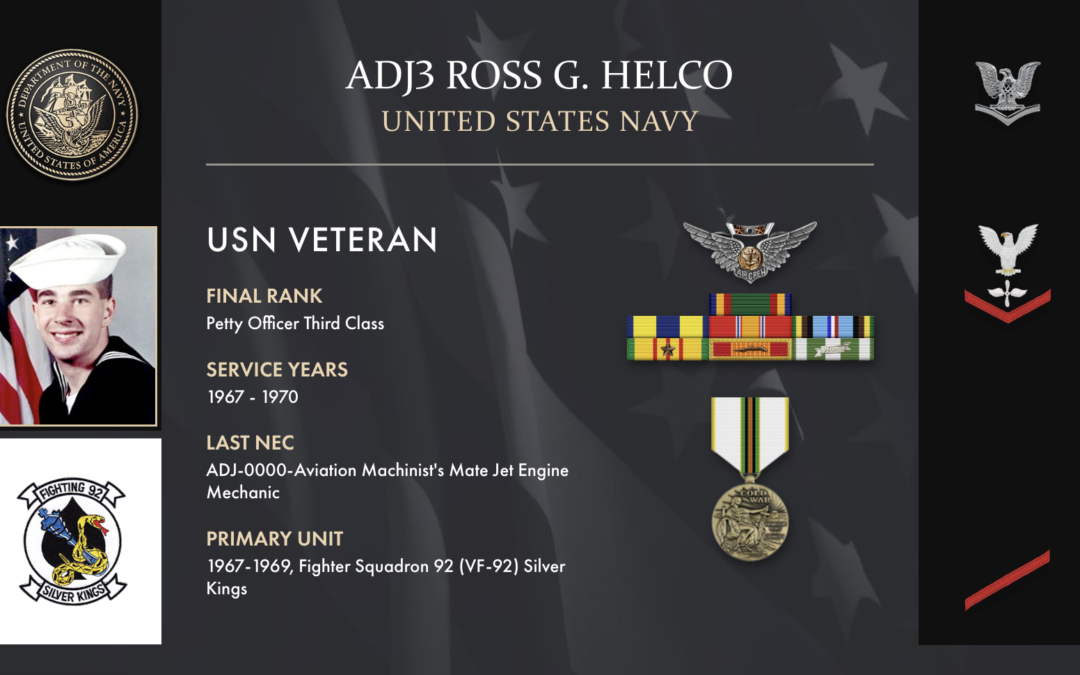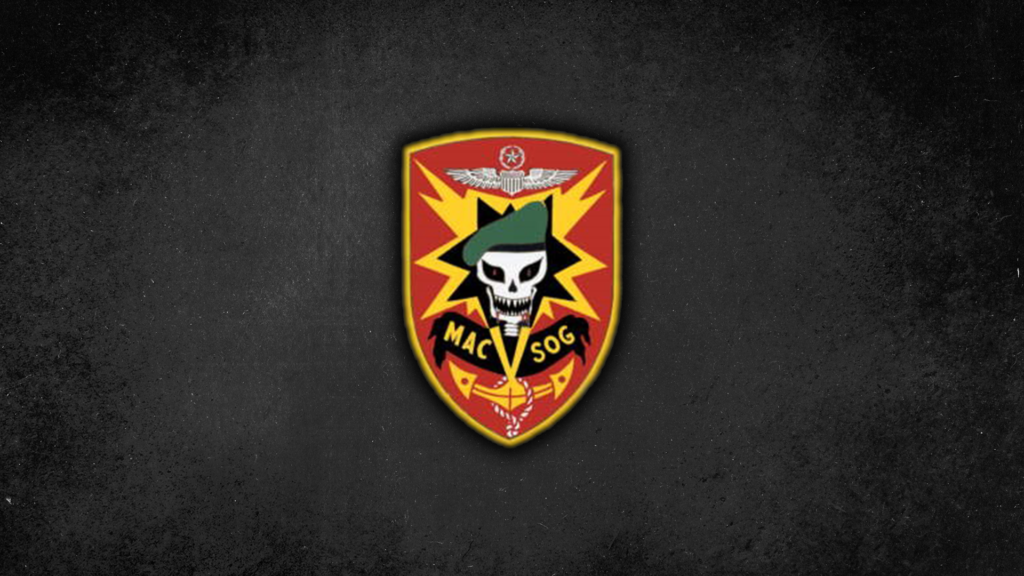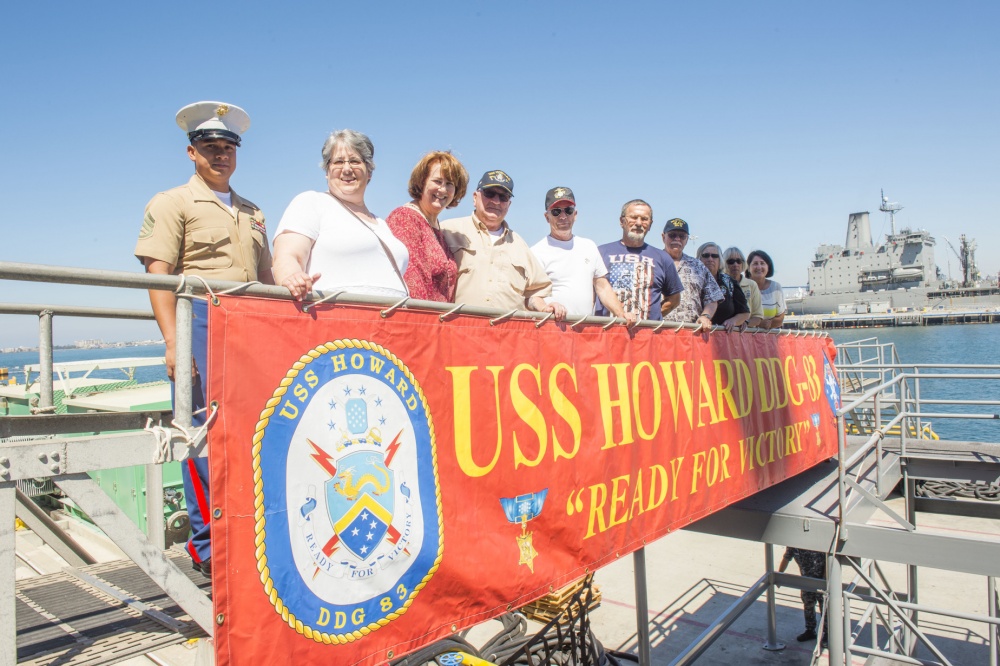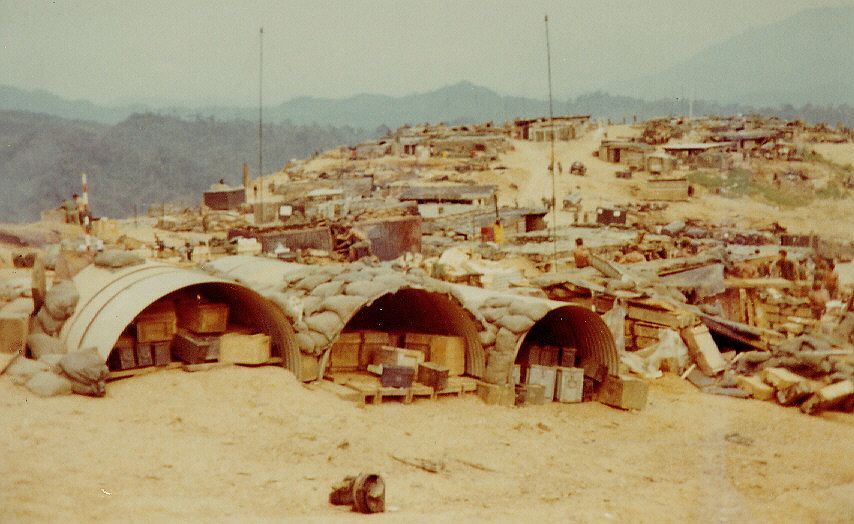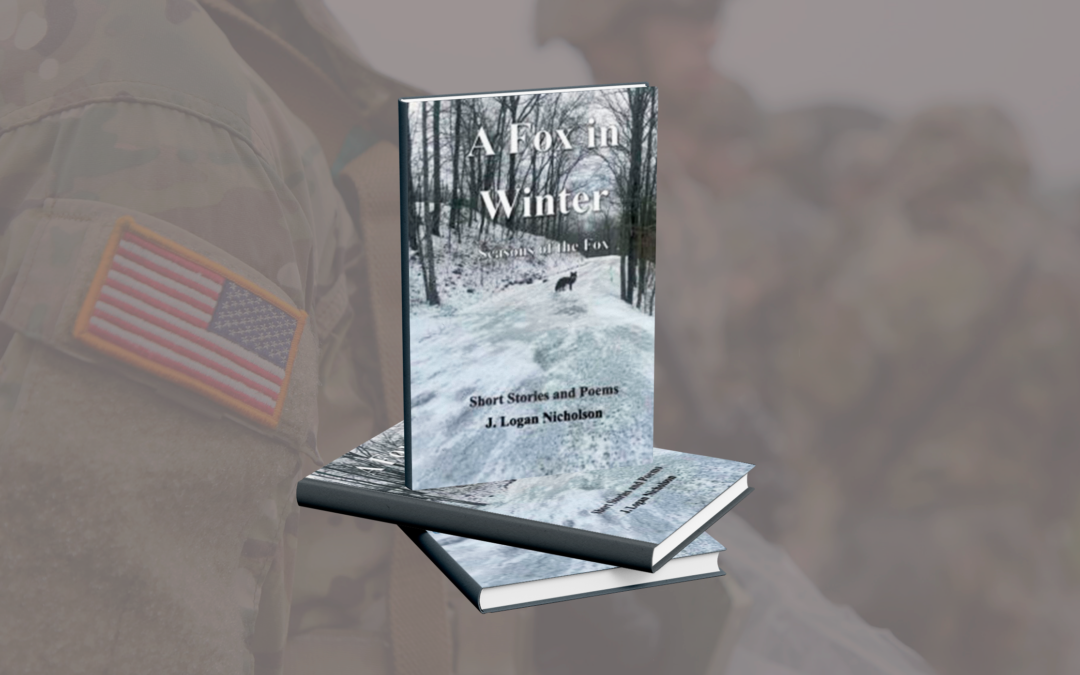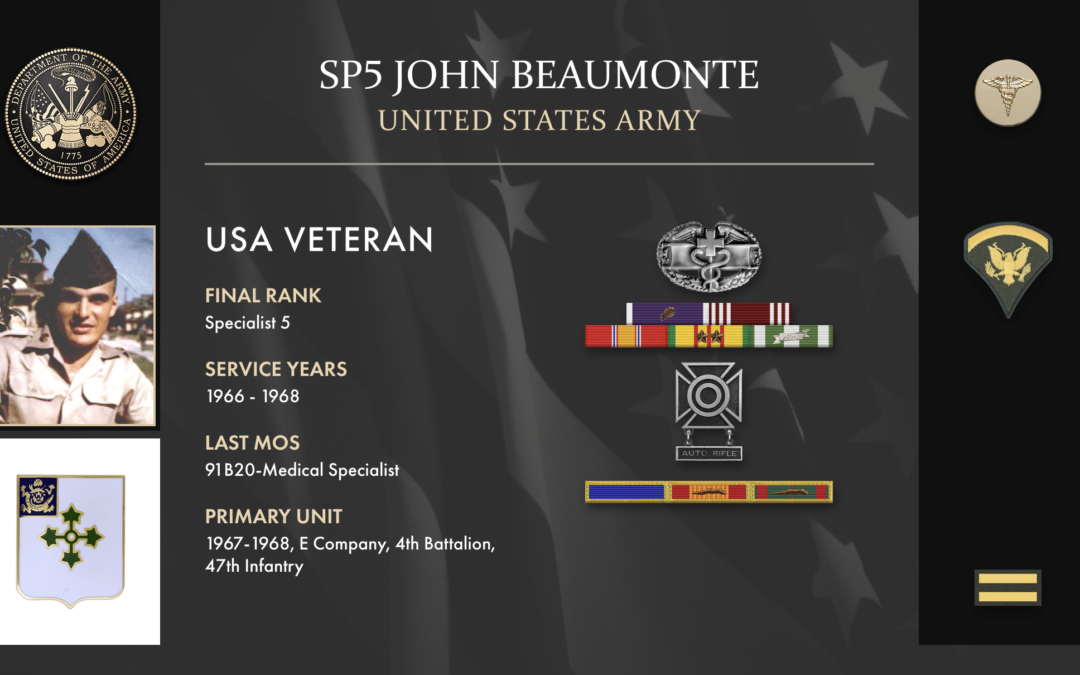One of the most significant influences on my decision to join the Air Force was witnessing the United States Air Force Thunderbirds perform at Otis Air Base in Massachusetts when I was a child. The impressive aerial maneuvers and the skill demonstrated by the pilots left a lasting impression on me, sparking a deep interest in aviation and the military.
